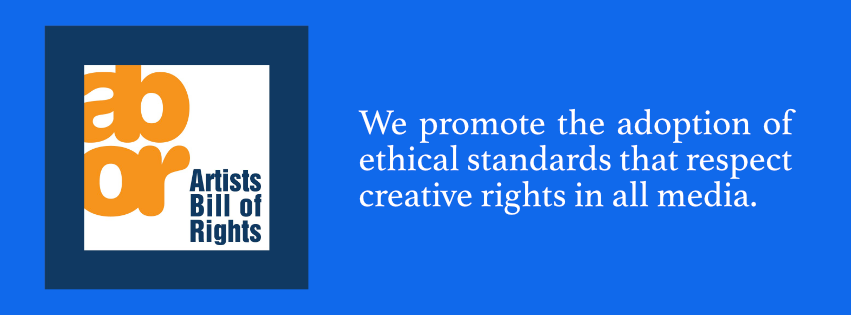About This Organisation
City of Kenora
About this Organisation
Kenora (2006 population 15,177), originally named Rat Portage, is a small city situated on the Lake of the Woods in Northwestern Ontario, Canada, close to the Manitoba boundary, and about 200 km (124 mi) east of Winnipeg. It is the seat of Kenora District.
Rat Portage was a small town of ill repute with storied brothels collected along the early Canadian Pacific Rail line. Large tracts of land were allocated to Marathon Realty for the purpose of gathering and controlling lands along the railway for commercial and development purposes. Excavation of garbage dumps adjacent to the brothels revealed opium bottles, prescription tranquilizers similar to Lorazepam, champagne bottles and pickle jars. Early suppliers of patent medicines from Johnson's Pharmacy during that era reveal Lydia Pinkam's Vegetable Compount, Kickapoo Indian Oil, Dr. Thomas Electric Oil and many others. During prohibition, the Lake of the Woods served as a route for the transport of Drewery's alcohol.
The town of Kenora was amalgamated with the towns of Keewatin and Jaffray Melick in 2000 to form the present-day City of Kenora.
About this Report
![]() Competitions or appeals seeking submissions of creative works from the public, works such as photos, videos, poems, music, etc., are reviewed by the Bill of Rights campaign. The reviews are to help you decide whether you should participate in the competition or appeal. The only thing you need to understand is that when you create a work (e.g. a photo) the law automatically makes you the sole beneficiary of certain rights over that work (but see note 1 below). These rights are called intellectual property rights.
Competitions or appeals seeking submissions of creative works from the public, works such as photos, videos, poems, music, etc., are reviewed by the Bill of Rights campaign. The reviews are to help you decide whether you should participate in the competition or appeal. The only thing you need to understand is that when you create a work (e.g. a photo) the law automatically makes you the sole beneficiary of certain rights over that work (but see note 1 below). These rights are called intellectual property rights.
Rights have a value and you are free to decide what that value is. If a person or organisation would like to use your work to promote something, you have the right to refuse permission, or to set a fee for a specific use and decide how long they may use it. More information about intellectual property rights and their value to you as an individual can be read in our Guide to Rights & Licensing. Listed on the next tab are some competitions or appeals promoted by the above organisation. For each we detail how the organisation's terms and conditions will exploit your rights to their advantage for works you submit to their competition or appeal.
A copy of this report was submitted to the organisation to help them review and change their terms and conditions. We also took the opportunity to invite them to join the Bill of Rights Supporters' Group. This would have enabled them to enjoy the benefits of being a member of a group which supports and respects others' intellectual property rights. Unfortunately the negotiations did not conclude successfully.
The main aims of the Bill of Rights Campaign are to help everyone understand that their intellectual property rights have a value and to encourage competition and appeal organisers to adopt the standards set out in the Bill of Rights for Artists.
Note 1. Rights for works created as an employee are usually owned by your employer.
Failing the Bill of Rights
The Bill of Rights Standards for Creative Competitions
Competitions which meet all the standards set out in the Bill of Rights For Artists do not do any of the following -
- claim copyright
- claim exclusive use
- seek waiving of moral rights
- fail to give a credit for all free usage
- add, alter, or remove metadata from submissions
- seek usage rights other than for promoting the contest and no other purpose. Note that a book, posters, cards, or a calendar are seen as legitimate ways of promoting the contest and defraying costs
- seek free usage rights in excess of 3 years
- use the submissions commercially without the entrant's agreement, and such commercial usage is to be subject to a freely negotiated license independently of the competition.
- make it a condition of winning that an entrant must sign a commercial usage agreement
- fail to publish all documents on the competition website that an entrant may have to sign
- fail to name the judges for this or last year's competition
- fail to explicitly state all the organisations who will acquire rights to the submissions
- set a closing date more than 18 months after the contest launch date
- fail to make clear statements of rights claimed and how submissions are used.
We have written an Organisers Guide to the Bill of Rights to help organisers draft terms and conditions that respect the rights of entrants and at the same time provide legal protection for the organiser.
© Bill of Rights Supporters Group
![]()
The above text may be reproduced providing a link is given to the Bill of Rights For Artists.
Any text reproduced in italics in this report has been extracted from a competition or appeal website for the purposes of review.
Organisations who would like to be promoted as a Bill of Rights Supporter and have their competitions promoted on the Rights On List can use this contact form. We look forward to hearing from you.

